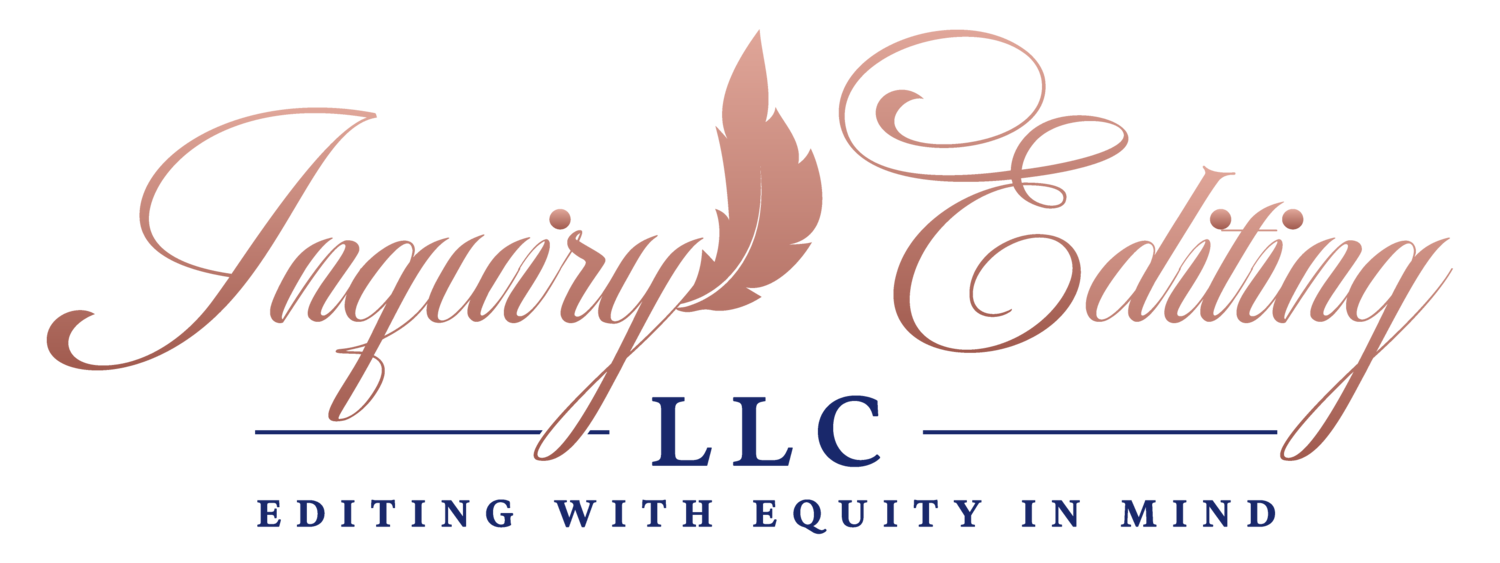May Myth Buster 3: “Feedback = You Are a Bad Writer”
If you’ve just joined us, welcome to Myth Busting May! I am spending all of May’s newsletters on some of the most common myths or misconceptions about writing. Make sure you sign up for the newsletter so that you don’t miss anything.
We are at that point in the semester, what I have now begun to call “grade appeal season.” Some students dislike the grades they’ve earned and attempt to force me to change it by means of the administrative appeals process. This has happened so often that I have a set of rubrics I use. Those rubrics are designed to demonstrate, for the student and the administration, the gap between where the student understands themselves to be and where they actually are as learners.
Often, the process reveals that the student has a fundamental misunderstanding of feedback. Feedback, for them, is an antagonistic endeavor designed to pinpoint flaws, nitpick at details, and chastise them. They operate under the following fallacy:
“Feedback indicates you are a bad writer.”
I would be remiss if I did not pause and point out that feedback often feels antagonistic. Sometimes, academic and editorial critique can feel like a willful misunderstanding of the writing project. Sometimes, people do not know how to give feedback. If you remember my article journey, you’ll recall that I had some pretty significant visceral reactions to the feedback I received. To be fair, sometimes feedback isn’t given in good faith.
But, my dear reader, that does not mean that you should not receive it in good faith. Whatever else the critic is, they are a beta reader. They provide – for good or for ill – an opportunity to know how your work lands. They let you know how your work hits a well-intended, curious, but skeptical reader; an antagonistic reader; an expert; or a dilettante. And, here’s the good news.
You get to choose.
You get to choose what course you take. You get to choose whether you want to implement those changes. You get to choose whether you’ll bypass your own stubbornness. You get to choose whether you’ll dig in your heels. All up to you. This, too, is for good or for ill.
Feedback indicates you are a writer full stop.
You need it to grow and to revise (literally, “see again”). Even if the feedback is good. Actually, especially if the feedback is good. Do you know why? The good feedback lets you know what to duplicate, what to build upon, and what to ditch.
I went to the Community of Writers (close to Reno in the newly renamed Olympic Valley) in 2017 and virtually in 2020. One of the rules there is no negative feedback when we share poems. Initially, I rolled my eyes. I thought what is this BS? You need someone to say a line or a phrase isn’t working. As I participated, I learned from the positive feedback what I needed to change. I could glean from “this line works really well because of X” how to shift another set of lines or images to make them work well together. These beta readers showed me what resonated with them and I had to choose what I kept and what I discarded. I had to become a filter.
Like many filters, I got rid of the detritus and let the useful bits through.
